Books
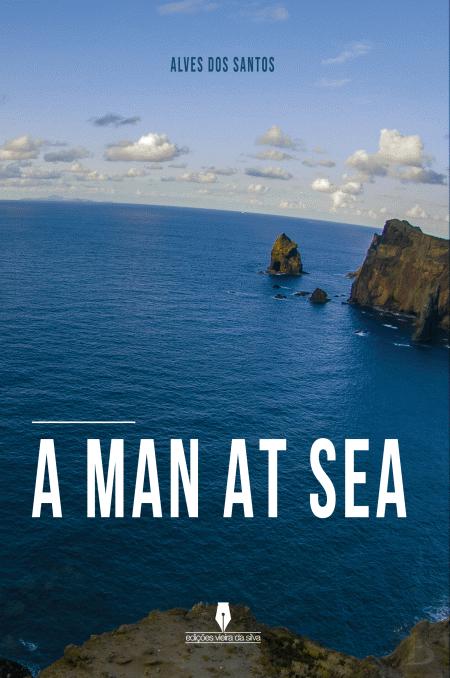
2021
A Man at Sea
The sea is something entirely other; one cannot live hastily in it nor survive it with fear. The Sea Men—sailing rough waters many times over without knowing whether they will ever make it out unhurt or find in the depths their final resting place—are well aware of this.Life at sea is hostile, hard and dangerous, and yet these brave men feel like fish out of water when they have to stay on dry land. Life on the sea penetrates their skin, and they would seem not to know how to live when not working. It is sad to see them staring at the sea, with dry feet, looking disoriented.What manner of courage and madness makes a man enter a rough sea and sail in nut-sized ships that get tossed around and lost in the vast oceans?“A Man at Sea” is a fiction—albeit one cut from the daily lives of these men—and the descriptions, filled with beauty and harmony, allow the reader to discover poetry where only grief and sorrow were found before, even if one had studied such lives in detail.Alves dos Santos’ words envelop the reader and open porthole to the characters’ lives; the reader dives into “A Man at Sea” and finds themself immersed in both an intimate transparency and a world of skies and light that slowly change, as though they were the rocking sea.In this book, the author manifestly pays a most heartfelt tribute to all the Sea Men—in particular to those of Machico, his homeland.
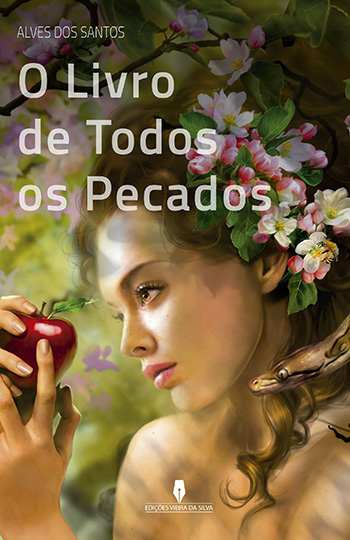
2019
O Livro de Todos os Pecados
The story of sin is intimately connected with the story of mankind; one way or the other, it reveals itself in the sacred texts of all main religions. Christian doctrine, for example, is particularly extreme, and its conception of the original sin states that man really is sin.
But what does original sin mean?
By definition, original sin is a deliberated action against the divine laws, however, as time went by, it was used by the ruling powers as a way to control society and its actions. The original sin had many praiseworthy aims (who would dare questioning the kindness of the supposedly divine law determining that a man should not kill another man?) but it frequently had absolutely tragic effects when applied to life.
In O Livro de Todos os Pecados , Alves dos Santos returns to poetry to propose a new paradigm about sin, and he presents it as simultaneously defiant and divergent. In eleven different chapters, the author shows us Man as a naturally predisposed animal to Love. According to the author, Love is sometimes selfish, it is many times misunderstood, sometimes it is not returned and it rarely is fully lived. And yet… it is Love.
One can find Love that starts in innocence; however, when Love dwells through the essence of human reality, it has the ability of both dragging Man into Hell or taking Man to a desired and ephemeral Paradise.
The reader will follow the poetical Hero in a journey where he can be able to commit all sins to be kept away from the only real one. As a reader, you should dare to make this complex journey: dive into the existential uncertainty and be free to live Life and Love the best one can and know.
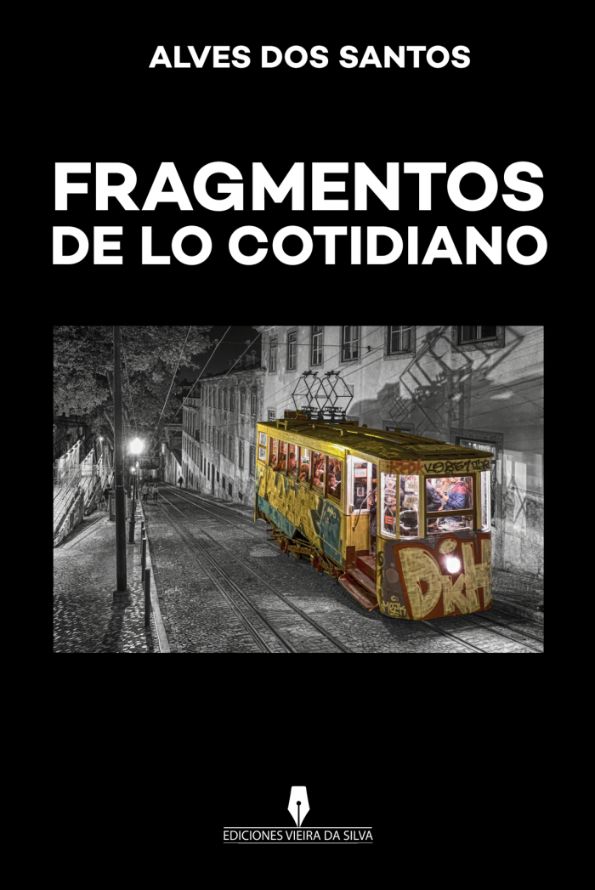
2018
Fragmentos de lo Cotidiano
Fragmentos de lo Cotidiano is a set of poems that is glued to our contemporary daily life, which is so frequently frantic, ordinary, inconsequent, unconnected. Alves dos Santos’ poetical and inspirational words transform each one of us on wanderers that walk around on the unknown places of human essence; besides this, the author and his words make us face our own fears and dig on our souls to find our deepest truths and best kept secrets. The poems win over a different dimension where not only existence stops questioning itself, but also presents our indispensable presence here and now on our way to reach the needed self-fulfillment that can only be consubstantiated through authentic Love and Feelings.
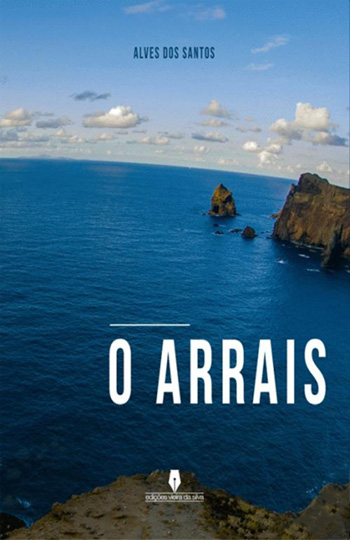
2017
O Arrais
The sea is something entirely other; one cannot live hastily in it nor survive it with fear. The Sea Men—sailing rough waters many times over without knowing whether they will ever make it out unhurt or find in the depths their final resting place—are well aware of this.
Life at sea is hostile, hard and dangerous, and yet these brave men feel like fish out of water when they have to stay on dry land. Life on the sea penetrates their skin, and they would seem not to know how to live when not working. It is sad to see them staring at the sea, with dry feet, looking disoriented.
What manner of courage and madness makes a man enter a rough sea and sail in nut-sized ships that get tossed around and lost in the vast oceans?
“A Man at Sea” is a fiction—albeit one cut from the daily lives of these men—and the descriptions, filled with beauty and harmony, allow the reader to discover poetry where only grief and sorrow were found before, even if one had studied such lives in detail.
Alves dos Santos’ words envelop the reader and open porthole to the characters’ lives; the reader dives into “A Man at Sea” and finds themself immersed in both an intimate transparency and a world of skies and light that slowly change, as though they were the rocking sea.
In this book, the author manifestly pays a most heartfelt tribute to all the Sea Men—in particular to those of Machico, his homeland.
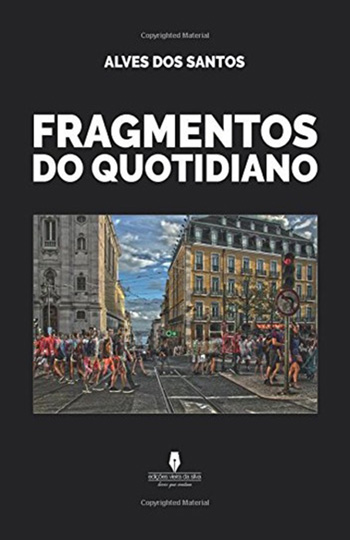
2016
Fragmentos do Quotidiano
Fragmentos do Quotidiano is a set of poems that is glued to our contemporary daily life, which is so frequently frantic, ordinary, inconsequent, unconnected. Alves dos Santos’ poetical and inspirational words transform each one of us on wanderers that walk around on the unknown places of human essence; besides this, the author and his words make us face our own fears and dig on our souls to find our deepest truths and best kept secrets. The poems win over a different dimension where not only existence stops questioning itself, but also presents our indispensable presence here and now on our way to reach the needed self-fulfillment that can only be consubstantiated through authentic Love and Feelings.

2014
Poemas de Amor e Outros Labirintos
Alves dos Santos is a soul wanderer, a brave explorer of human stories and an eager conqueror of the unknown lands. On his words one can find the beauty of an exciting soul, a combination of pure air with volcanic scents; above all, one can find the portrait of a man living a conspiracy where the discovery, the truth and life in particular coexist” (Tristão de Andrade)

